Education of Sustainable Development (ESD) has been acronymised for over 30 years now, and yet society is still failing to confront the climate emergency, despite streams of energetic graduates moving into the workplace every year. Somehow, traditional means of education around sustainability are not gaining traction with students, or not giving them the agency they need to turn the tide of rising emissions. My impatience and frustration with this have been powerful influences on my teaching, generating some impactful strategies for course design and student engagement.
Starting from an ethos that climate impact should be the lens through which every one of our students views their studies, we developed an interdisciplinary curriculum that teaches essential academic and teamworking skills, through a series of scenario-based exercises at individual, community and international scale. The different levels of investigation and the direct engagement of external parties (the university as an institution; local schools) help to underline the agency that students have, from day one of their studies.
- THE Awards 2024 spotlight: learn from the best in UK and Irish higher education
- Equipping university students to be leaders in addressing climate change
- Bring the SDGs into the classroom through role play and gamification
For example: in week three of their studies this year, students were feeding back to our global head of sustainability about how the university’s pilot Climate Literacy course has landed with them. They were engaged in groups, making media content to improve the message. Last semester, students worked to aspirational sustainable future briefs provided by primary school children and then hosted more than 150 of their young clients in an educational fayre. They analysed the feasibility of the children’s inventions with academic rigour and then communicated back to their “stakeholders” in fun.
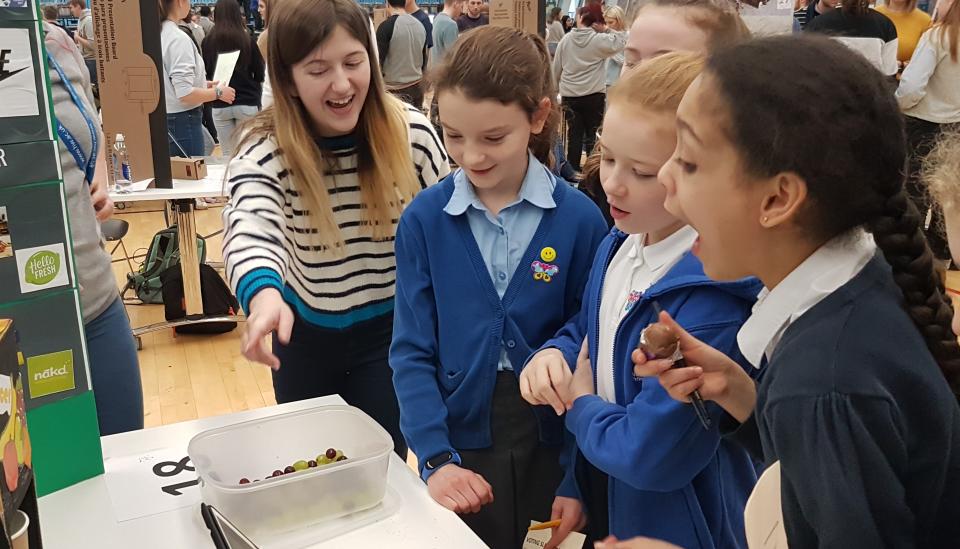
Work backwards from the outcome
These are two examples of how the briefs we set begin with an impactful outcome, and then work back through designing the structured exercises, which provide the essential learning skills we want to impart. The logistic and contextual focus is on impact; the pedagogic focus is on process, and follows the former. The result is that each year we seek a different co-conspirator or juicy, tractable “wicked problem”, and work the curriculum back from that end point. It leads to a strikingly broad curriculum.
The outcome, we find, is students building in confidence and ability to apply strategic sustainability thinking to a multitude of contexts. The best result is that student alumni, later presented with a normative fact or process, use the skills they learned with us to question those assumptions and turn the brief on its head. This is where we will start to make the scale of change required.
To enable this approach, the learning objectives need to be process-driven and discipline-agnostic. The structure and syllabus need flexibility and a broad scope. This unusual process can lead to direct conflict with institutional processes and norms. Managing administrative logistics and software becomes a core part of the role of effectively facilitating learning.
This is especially true in the case of live projects – such as leading the Solar Decathlon ME – where the practical task is so demanding that the academic must fully engage in project and stakeholder management. But the direct engagement with multiple third parties and different viewpoints enables explicit modelling of inclusivity, consultation and engagement, thoroughly in line with a “skills first” approach, touted as the response to AI’s transformation of future careers.
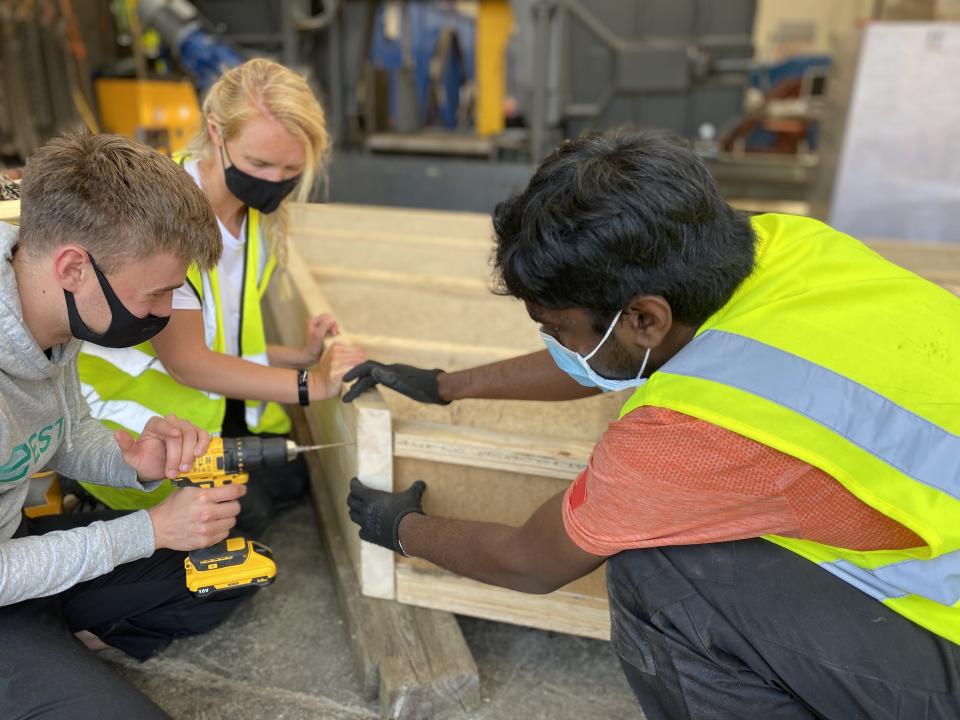
Prepare to pivot
In the past few years, my most impactful and exciting partnerships have been with the university estates department; with a software company; with a local net-zero start-up company; local schools; a city-wide science festival; a developer near a remote field-trip site; a company run by an international postgraduate student; past graduates; an early-years charity; a chance conversation after an event. Do not set boundaries around what you expect to work on until preparing for the academic year itself. Instead, prepare yourself so you are best placed to pivot to the best opportunity on offer.
Such activities are not in scope of the traditional activity of a sector-bound career academic. In particular, a focus on explorative client-led briefs and process-driven outcomes is an antithesis to the traditional knowledge-based economy. But for climate education, for ESD, these make sense. It is obvious that mainstream knowledge-driven solutions have failed to tackle this societal problem. Open-ended and multi-faceted briefs are the right questions to pose.
But many academics can feel vulnerable in not being able to provide the answers. This vulnerability is key to effective teaching in ESD, to my mind. By honestly and transparently admitting “I don’t know the solution”, we can catalyse a fire of purpose in students, who we help to believe that they can – and will – do better.
My advice for those developing ESD curricula
Reach out. Be curious. Discuss your plans. Engage partners from everywhere, not all at once, but by saying “yes” more often than “no”. Exposure to different views and cultures, and your own reaction to that, is at the centre of this kind of teaching.
Focus on the skills students need to develop. Your major innovation is taking the scenarios offered up by third parties and translating them into tractable challenges for your students, then scaffolding this into effective skills training.
Write briefs that have palpable impact outside the classroom. Your partners can help here. Do not underestimate the galvanising power of a student’s pride in featuring in a company or university newsletter, or standing on a stage, or seeing their work on a website or blog stack up thousands of views.
Almost everything has relevance. This is another skill to hone. Starting from a position of yes, I start to see relationships and strategic connections between activities that I would not otherwise have considered. Potential partnerships may not start with a conversation about sustainability, but inevitably can be steered to meet multiple UN SDGs. The climate emergency is absolutely holistic.
Be the facilitator. I see myself as enabling the most meaningful interactions between students and partners by communicating parameters of expectations and translating any potential miscommunication. Having set these parameters, and in modelling how to work together, the result of that relationship has unknown potential.
The climate emergency can seem overwhelming and intractable to students. Our approach hopes to lead students through the steps to achieving effective, holistic analysis of the situation, and a sense of personal agency, alongside a respect for inclusive multidisciplinary teamwork.
Alex MacLaren is an academic at Heriot-Watt University. She was shortlisted in the Most Innovative Teacher of the Year category in the 2024 THE Awards. A full list of nominees can be found here.
If you would like advice and insight from academics and university staff delivered direct to your inbox each week, sign up for the Campus newsletter.

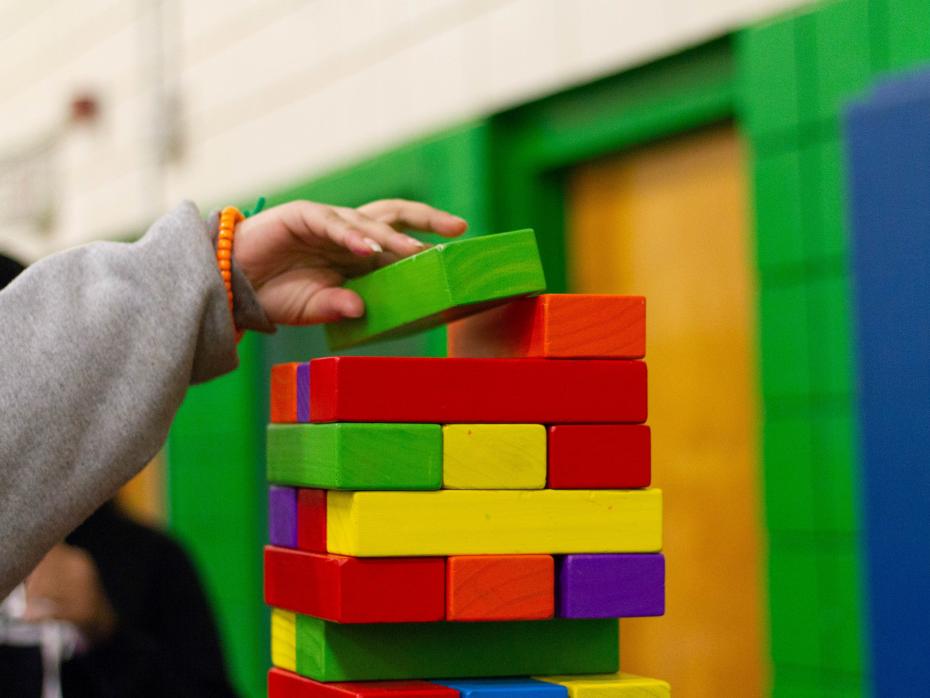
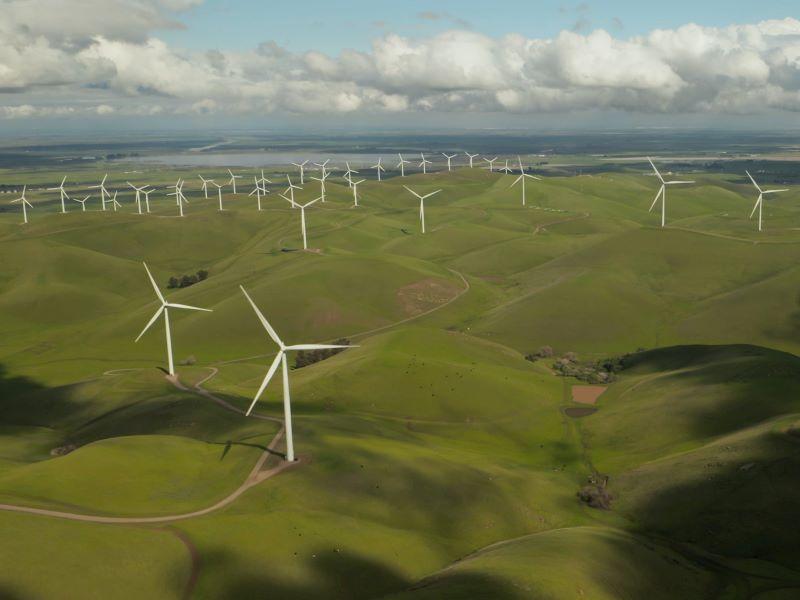
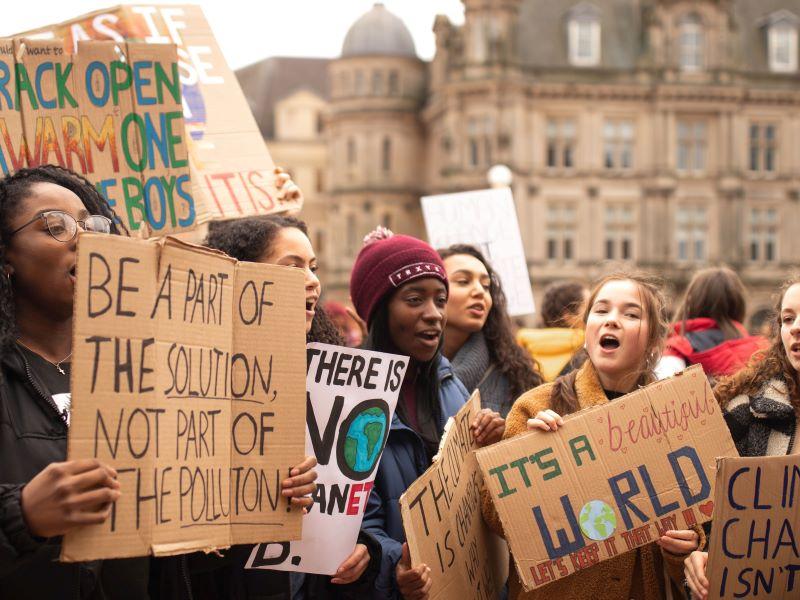
comment